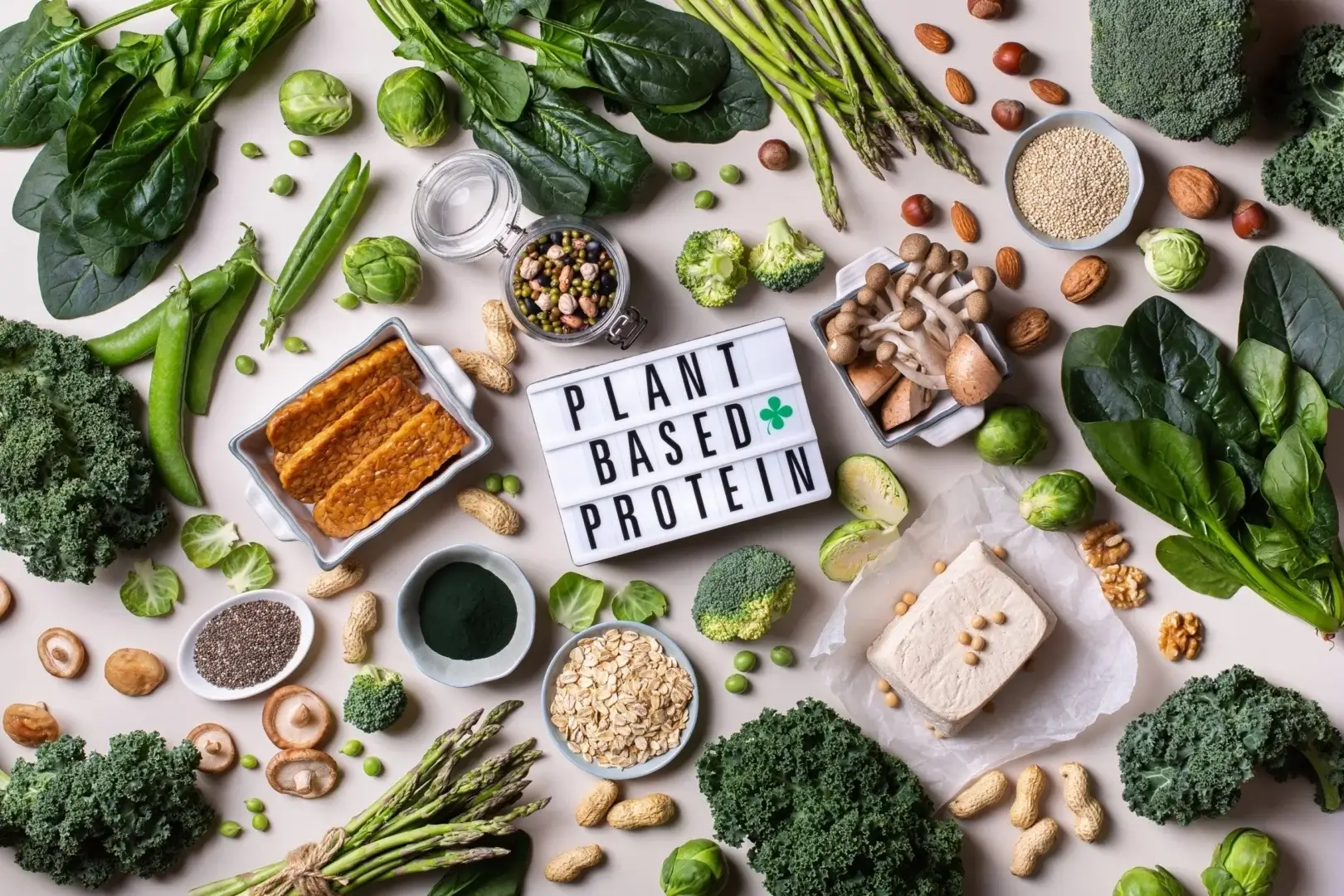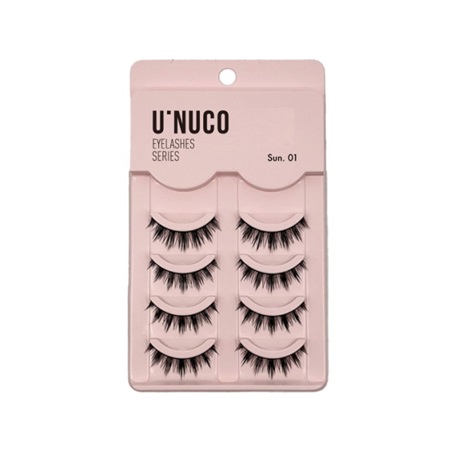
Revealing The Benefits Of Plant Protein For Boosting Muscle Growth And Recovery
Plant protein has gained significant attention in recent years as an effective and sustainable alternative to animal-based protein sources. Many people, especially those who follow a vegetarian or vegan diet, are turning to plant protein to meet their nutritional needs. But what exactly are the benefits of plant protein for boosting muscle growth and recovery? In this comprehensive guide, we will explore the wonders of plant protein and how it can help you achieve your fitness goals.
- The Power of Plant Protein
- Plant Protein and Muscle Growth:
Plant protein is an excellent source of amino acids, the building blocks of muscle tissue. Contrary to popular belief, it is entirely possible to build and maintain muscle mass with plant protein alone. Studies have shown that plant proteins such as soy, pea, and hemp can stimulate muscle protein synthesis, similar to animal-based proteins.
- Complete and Incomplete Proteins:
Certain plant proteins are categorized as incomplete proteins because they are deficient in one or more vital amino acids. However, by combining different plant protein sources, such as beans and rice or lentils and quinoa, you can create a complete protein profile that provides all the essential amino acids your body needs for muscle growth and repair.
- Digestibility and Absorption:
Plant proteins are generally easier to digest compared to animal proteins. They also contain high amounts of fiber, which can aid digestion and promote a healthy gut. Additionally, plant proteins are often accompanied by phytonutrients, antioxidants, and other beneficial compounds that can enhance overall health and well-being.
- Plant Protein for Muscle Recovery
- Anti-Inflammatory Properties:
Intense exercise can lead to muscle inflammation and soreness. Plant proteins, particularly those derived from sources like almonds, walnuts, and chia seeds, contain anti-inflammatory properties that can help reduce muscle inflammation and speed up recovery.
- Rich in Branched-Chain Amino Acids (BCAAs):
BCAAs play a crucial role in muscle recovery and growth. Plant proteins such as soy, quinoa, and chickpeas are rich in BCAAs, making them an excellent choice for post-workout meals or snacks.
- Nutrient Density:
Plant proteins are not only rich in amino acids but also packed with essential vitamins, minerals, and antioxidants. These nutrients are vital for muscle recovery and overall health. Consuming a variety of plant protein sources ensures you get a wide range of nutrients that support your body’s recovery and repair processes.
- Optimizing Plant Protein Intake for Muscle Growth and Recovery
- Protein Timing:
To maximize muscle growth and recovery, it is essential to consume an adequate amount of protein throughout the day. Aim for a steady intake of plant protein with each meal and snack. This approach ensures a constant supply of amino acids for muscle repair and growth.
- Quantity and Quality:
The amount of protein you need depends on various factors such as your body weight, activity level, and fitness goals. Generally, Around 0.8–1 grams of protein per kilogram of body weight should be consumed daily by physically active people. However, athletes and those looking to build muscle may require higher protein intake. Ensure you choose high-quality plant protein sources to meet your nutritional needs.
- Variety is Key:
To obtain a wide range of essential amino acids, vitamins, and minerals, it is crucial to include a diverse selection of plant protein sources in your diet. Some excellent plant protein sources include legumes, tofu, tempeh, seitan, quinoa, chia seeds, hemp seeds, and spirulina. Experiment with different recipes and combinations to keep your meals exciting and nutritious.
Conclusion
Plant protein offers numerous benefits for muscle growth and recovery. It provides an abundance of amino acids, promotes muscle protein synthesis, aids digestion, reduces inflammation, and supports overall health. By incorporating a variety of plant protein sources into your diet and consuming them strategically throughout the day, you can optimize your muscle-building and recovery potential. So, whether you follow a vegetarian or vegan diet or simply want to explore the benefits of plant protein, embrace this sustainable and nutritious protein source to fuel your fitness journey.


















